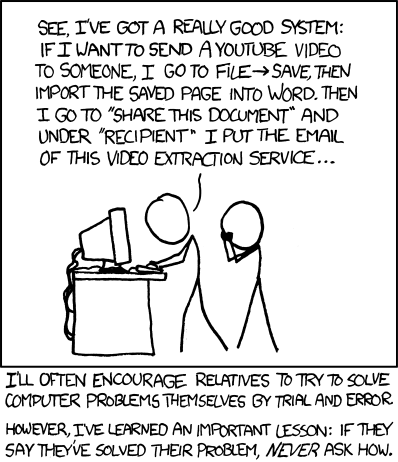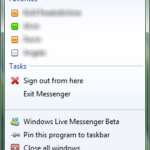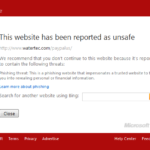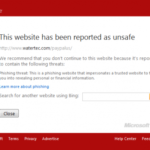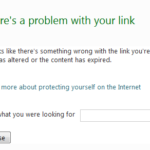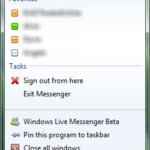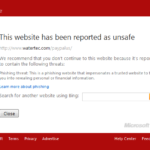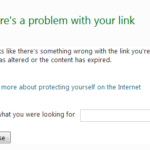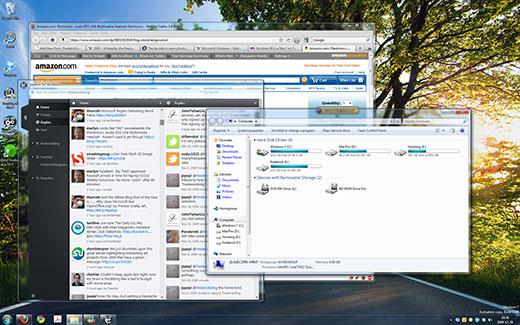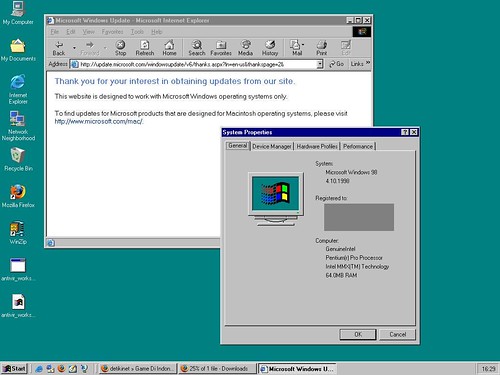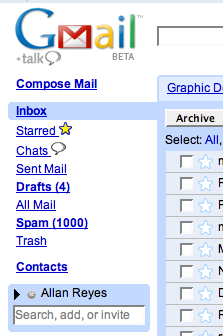
I’m sure seeing our Spam folder (or Junk, or Junk E-mail, and so on) fill up with useless e-mails is a common occurrence. I’ve learned to ignore it, and I almost never go into it to see if any important e-mails have been mistakenly identified as spam. Fortunately, most of my e-mail accounts don’t get much spam (< 5 a month), perhaps because I switched my main account last year.
Phishing
Today, I checked my Junk E-mail folder in Outlook to find a phishing e-mail, which, like many others before it, obviously tried to steal login information by posing as the service provider.
Unlike most spam mail about pills, millions of $$$ waiting to be transferred in overseas bank accounts, or pleas for donations for some dying patient, phishing e-mails are often well-crafted and even flawless in grammar and spelling.
World of Warcraft
In this case, I got an e-mail, purportedly from Blizzard Entertainment, regarding an account lockout. Tech-savvy users immediately look at it with suspicion, but I’m not so sure about the millions of people who have fallen for phishing scams and paid towards a million-dollar industry.
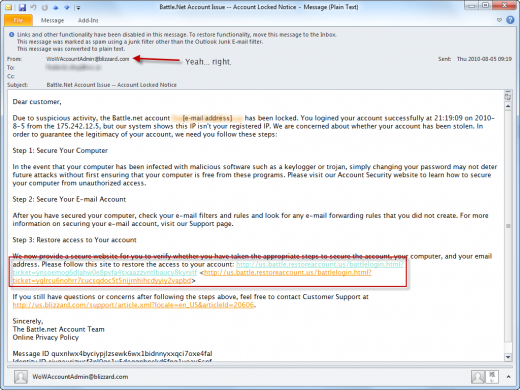
Of course I wouldn’t fall for something like this. First, I don’t play World of Warcraft, nor any video games, really. This makes no sense to me because I don’t have, and never had, a Battle.net account.
Giveaway headers
Additionally, the headers were revealing:
X-AUTH-Result: NONE ... X-Originating-Email: [xxcipherxx@hotmail.com] Return-Path: xxcipherxx@hotmail.com ... Received: from ri ([222.69.163.30]) by BLU0-SMTP81.blu0.hotmail.com over TLS secured channel with Microsoft SMTPSVC(6.0.3790.4675); ... X-Mailer: Microsoft Outlook Express 6.00.2900.5512 X-MimeOLE: Produced By Microsoft MimeOLE V6.00.2900.5512
This would explain why Outlook, or Hotmail’s SmartScreen junk filtering feature, placed it in the Junk E-mail folder; it originated from a Hotmail user, using Outlook Express, posing as a user @blizzard.com. Most likely it comes from a botnet or otherwise malware-infected PC.
Bad link
On top of all that, the links don’t point to Battle.net; they link to a domain (restoreaccount.us — visit at your own risk) that is not, at the moment of publishing, recognized by Firefox or Chrome as a phishing site. (I’ve submitted the link to Google’s Safe Browsing system.) This means that most users won’t be automatically protected against losing their accounts to this phishing attack.
I dug deeper to look at the domain registration information for this domain. What if restoreaccount.us was some generic service used by large companies to facilitate user management? (Yeah, right.)
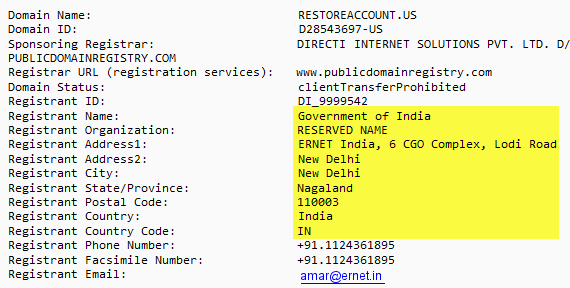
Since phishing is considered fraud, I wasn’t expecting the domain registrant to post his real contact information. To misrepresent oneself, however, on WHOIS contact information is cause for revocation of the domain. While it may be difficult to track down and prosecute fraudsters for phishing (or for impersonating the Government of India), it may be far easier to shut down such operations by disabling their domains through ICANN.
.us domain registration rules
The .us TLD has specific rules restricting registration to permanent residents of the United States, corporations in the United States, and foreign entities pursuing lawful activities in the United States. Supposing the above registrant information to be true (which I doubt very highly), it would not meet the requirements of the .us TLD rules, and could be terminated quickly. If it’s not true, then false registrant information is still a cause for termination.
Why am I even bothering to post about this?
First, you’re still reading this, so it doesn’t really matter why I decided to write it. Secondly, I wanted to dig deeper and reveal the (poorly) hidden workings of a phishing scam. Thirdly, there are, unfortunately, a lot of people out there who simply don’t understand these attacks and are defenceless against them.
I posted last year about another scam: the Domain Registry of Canada. That has proven to be one of the few posts that attracted a lot of hits from search engines alone, because people are searching about scams (or things they suspect to be scams). (Just to justify that post, I proudly point at the Better Business Bureau’s rating of F for the Domain Registry of Canada.)
In the same sense, I despise phishing and spam. Unsolicited commercial e-mails make up a huge portion of all e-mail traffic — 78%, as a matter of fact. It’d be great if the Internet could be cleaned up, yet at the same time I recognize the difficulties with doing so.
Since government regulation is unlikely to prevent citizens from falling prey to phishing attacks, it’s better to get these things on record and make it possible for people to find out whether they’re being scammed with a quick Google search. (I used such searches recently to avoid: 1) a telemarketing scam, and 2) a career recruitment scam.) There are sites out there dedicated to user-submitted fraud-testimonials.
It doesn’t help that most of the money lost to fraud comes from people who would probably never think to Google the e-mails they receive, or the letters they get. There will always be victims of fraud. We require awareness and education to protect everyone against fraud. I’m simply contributing, like hundreds of thousands of other tech-savvy users, to this struggle.



